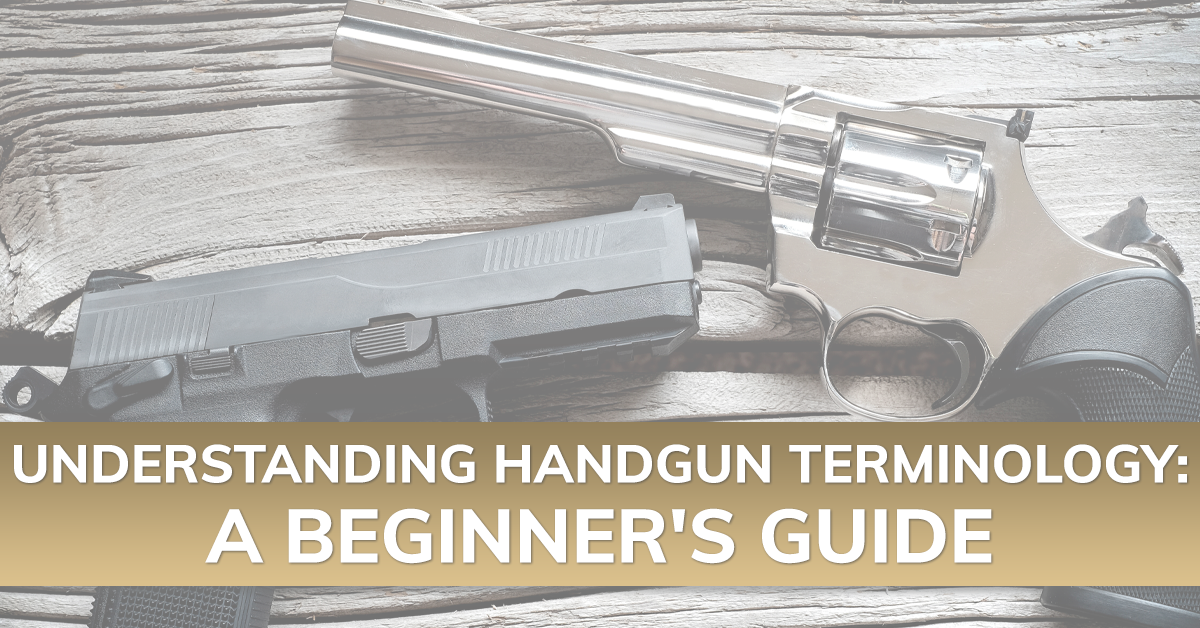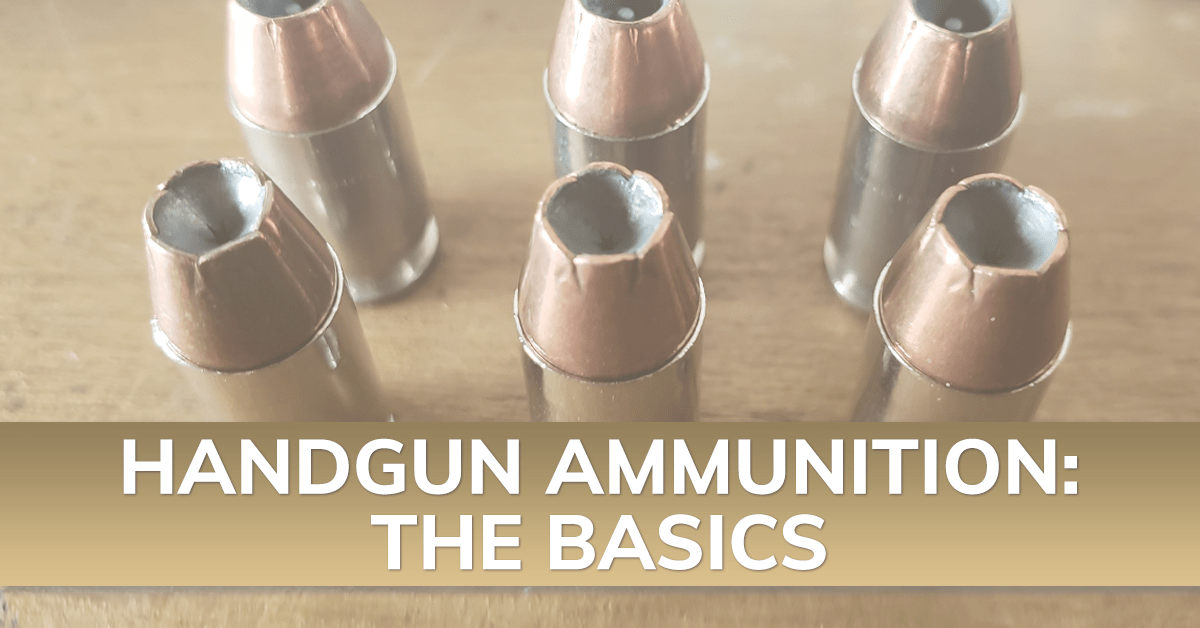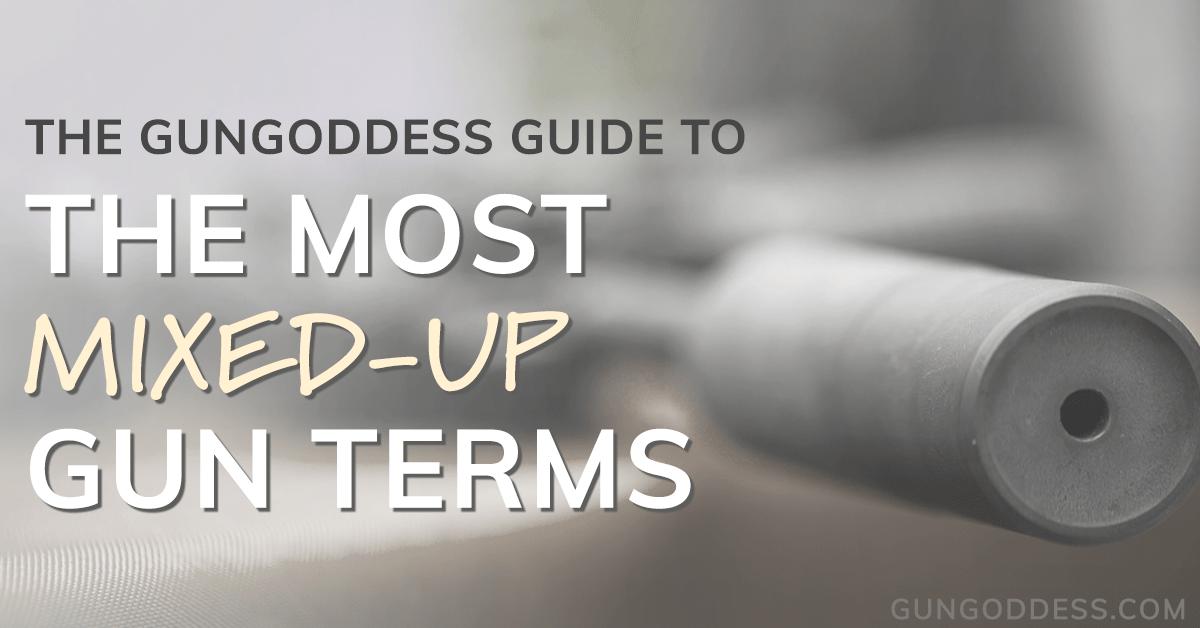Your Cart is Empty
Orders Over $100 Ship FREE (USA)!
Orders Over $100 Ship FREE (USA)!
CONCEALED CARRY
(Apparel with holster pockets or concealed-carry features)
(Apparel with holster pockets or concealed-carry features)
PARTS & GEAR
RANGE STYLE
Gift shopping & not sure about size or style? Give a gift card instead!
Gift shopping & not sure about size or style? Give a gift card instead!
GIFT IDEAS
The entire site is full of products that make great gifts, so browse all of our collections! Still not sure? Give a gift card!
The entire site is full of products that make great gifts, so browse all of our collections! Still not sure? Give a gift card!
EXPLORE
.223 vs. 5.56 Ammunition - What's the Difference?
3 min read
If you have recently purchased an AR-15 or other .223 long rifle to add to your collection, you may be completely confused about what type of ammunition you can use. Naturally, .223 seems to be the most common ammo for an AR, but you may have also heard that 5.56 may be used in your rifle as well. But how reliable is that information?
Keeping track of calibers and other ammunition characteristics can be confusing, for sure, and the explanations you may find can be very complex. Let’s break it down so you can better understand the similarities and differences.
Similarities
You may have heard that .223 and 5.56 ammunition can be used interchangeably. This may or may not be true but the two have definite similarities. The .223 round and 5.56 round have essentially the same cartridge dimensions - if you have a 5.56 and a .223 round on a table, you will likely not be able to tell them apart without looking at the caliber printed on the headstamp, or bottom of the cartridge. Physical size is about the only thing that these two types of ammunition have in common. The differences are unseen to the naked eye, but still important.
Differences
The .223 round has specifications that have been standardized by the Sporting Arms and Ammunition Manufacturers Institute, Inc. (SAAMI). SAAMI has been around for almost a century and they are tasked with creating industry standards for ammunition production. Specifications exist for the manufacture of .223 rounds - one .223 round should always be the same as any other. An exception to this may be reloads. As always, be picky about any reloads you may use.
Unlike .223 ammo, the 5.56 round has no current standardization. The history behind this fact is pretty lengthy, but the end result is that 5.56 ammunition may be loaded “hotter” or with greater pressure.
This is where things get tricky. Many gun owners who have a rifle chambered in .223 have fired that firearm with 5.56 ammunition and mostly, there have been no adverse effects. But the bottom line is 5.56 has higher internal pressure than a .223 round. To make things more confusing, if you own a rifle chambered in 5.56, there are no adverse effects from using the .223 ammunition because lower pressure will not cause the safety issues that higher pressure might cause.
Are They Interchangeable?
Now that you know what is alike and what is different between the .223 and the 5.56 round, are they interchangeable between firearms? The answer is, no, they're not really interchangeable. Many shooters have used 5.56 ammo in a .223 firearm without issue, but in all honesty, the difference in pressure is something that shooters must pay attention to. Not all rifle barrels are created equally and some may adapt to the increased pressure just fine while others may not.
The bottom line is to know and understand about pressure differences in ammunition as well as the specifications of your firearm and use the recommended ammunition.
There is so much technical information involved with this topic and if you desire to know more, you can easily do additional research. The best course of action is to know your rifle, know your ammunition, and make sure you are using the ammunition for which your rifle is chambered.
Be careful of your sources of information and follow the advice of the manufacturer of your firearm in order to ensure your safety and the safety of those around you. Have fun with your rifle whether it be .223 or 5.56 and stay safe!
Also in Getting Started: How Guns and Ammunition Work

Understanding Handgun Terminology: A Beginner's Guide
4 min read
Whether you're a new handgun owner or looking to enhance your knowledge, our guide to basic handgun terminology will help you get smarter.
Read More
Handgun Ammunition: The Basics
4 min read
Get a breakdown of the most popular types of handgun ammunition, along with their most common applications.
Read More
The GunGoddess Guide to The Most Mixed-Up Gun Terms
3 min read
Even if you've been shooting your whole life, there may be some gun-related terms that you're not quite sure about. To help you understand some of the most mixed-up gun terms, we put together a guide to help you become a more informed gun owner.
Read More